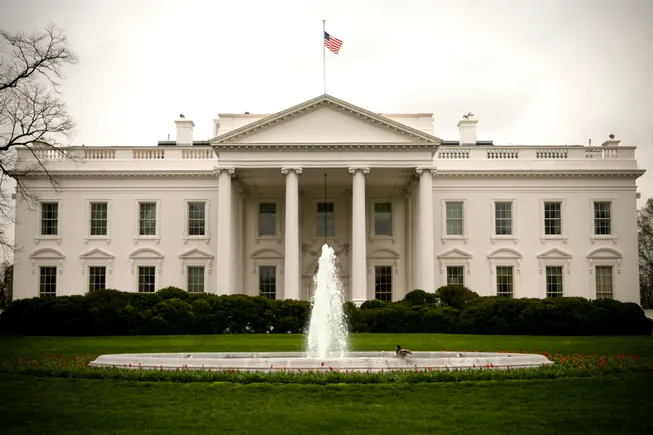Trump redoubles threats in attempt to strongarm drugmakers on prices


President Donald Trump on Thursday threatened 17 large drugmakers with “every tool in [the federal government’s] arsenal” if they don’t take steps to lower the prices of their products in line with those charged in other industrialized nations.
Letters sent to the companies followed up an executive order Trump issued May 12 that seeks to impose a “most favored nation” regime on drug pricing in the U.S. That order was intended to trigger negotiations between the federal government and drugmakers on equalizing prices, but Thursday’s announcement suggests the sides are still far apart.
The letters were sent to AbbVie, Pfizer, Roche’s Genentech unit and Novo Nordisk, among others, and are posted to his Truth Social account.
In the letters, Trump said he is giving drugmakers 60 days to provide the best international price on all of their drugs to people enrolled Medicaid. He also demanded they provide the best international price for all newly launched drugs; launch direct-to-consumer channels offering drugs at the most favored nation price; and repatriate to the U.S. all increased revenues achieved from higher prices negotiated in foreign countries.
“Today’s letters indicate that industry proposals have fallen short, and from this point forward, President Trump will only accept from drug manufacturers a commitment that provides American families immediate relief from vastly inflated drug prices and an end to the freeriding by European and other developed nations on American innovations,” a White House fact sheet stated.
In comments this month during earnings calls, pharma executives said that, in talks with the White House, they have brought up how pharmacy benefit managers’ rebating practices driving up U.S. costs as well as other countries’ negotiating power in lowering their prices.
“The U.S. can no longer pay for the R&D for the world,” said AstraZeneca CEO Pascal Soriot in a company call Tuesday. “We did make our proposals, which we believe could achieve what the President is trying to achieve, but we also need Europe to increase their share of GDP allocated to innovative pharmaceuticals.”
That was echoed by the industry group PhRMA. “Importing foreign price controls would undermine American leadership, hurting patients and workers,” Alex Schriver, the group’s senior vice president, said in a statement.
The announcement sent the S&P pharmaceuticals index tumbling, falling 2% at market close.
Wall Street analysts were divided on the announcement’s impact. Leerink Partners’ David Risinger called the proposal “unachievable,” impairing drugmakers’ ability to develop innovative drugs and compete with China-based rivals.
Evercore ISI’s Umer Raffat, on the other hand, said the letters pointed to an improvement in the most-favored-nation plan because Trump’s threat was limited to Medicaid, rather than the much larger Medicare program for older people. He added that applying most-favored nation prices to new drugs will give pharma companies leverage to gain higher prices overseas because they could point to U.S. policy for their refusal to negotiate a lower price.
This post has been syndicated from a third-party source. View the original article here.




